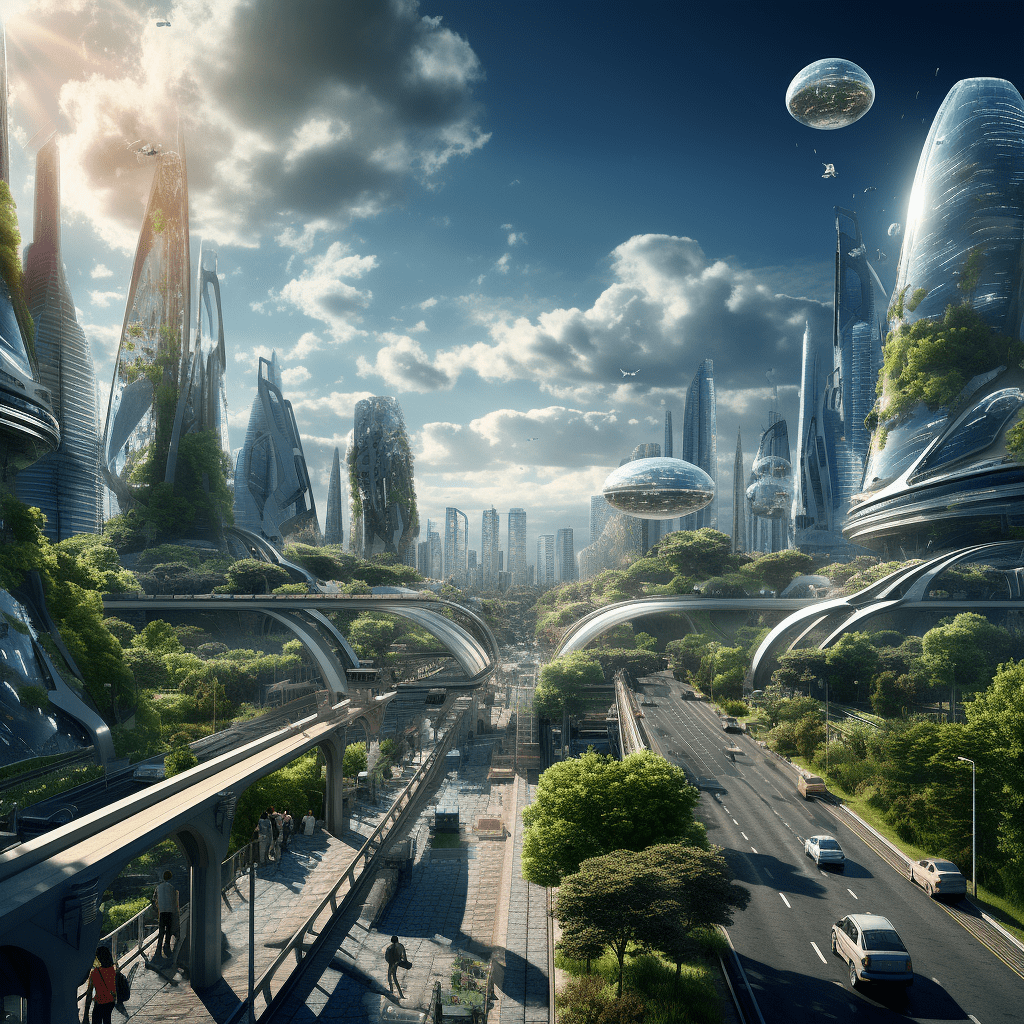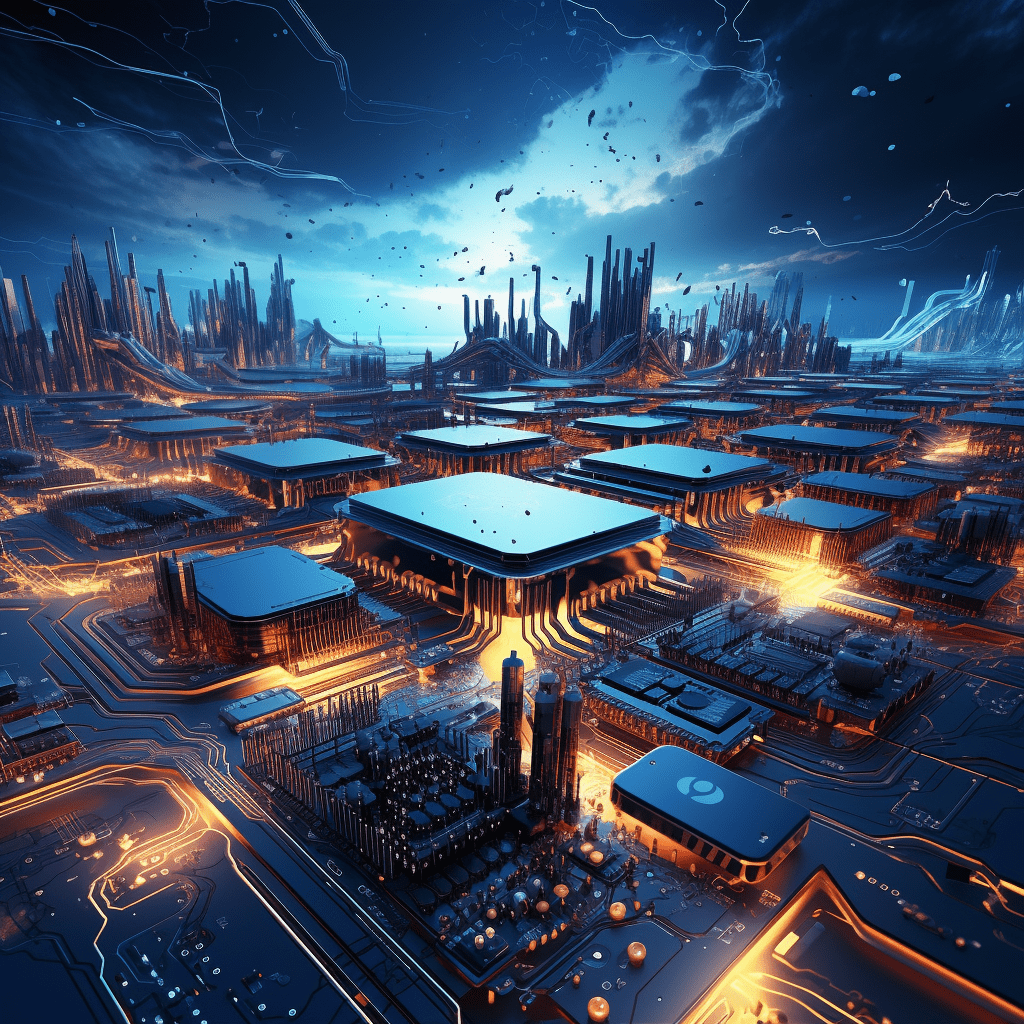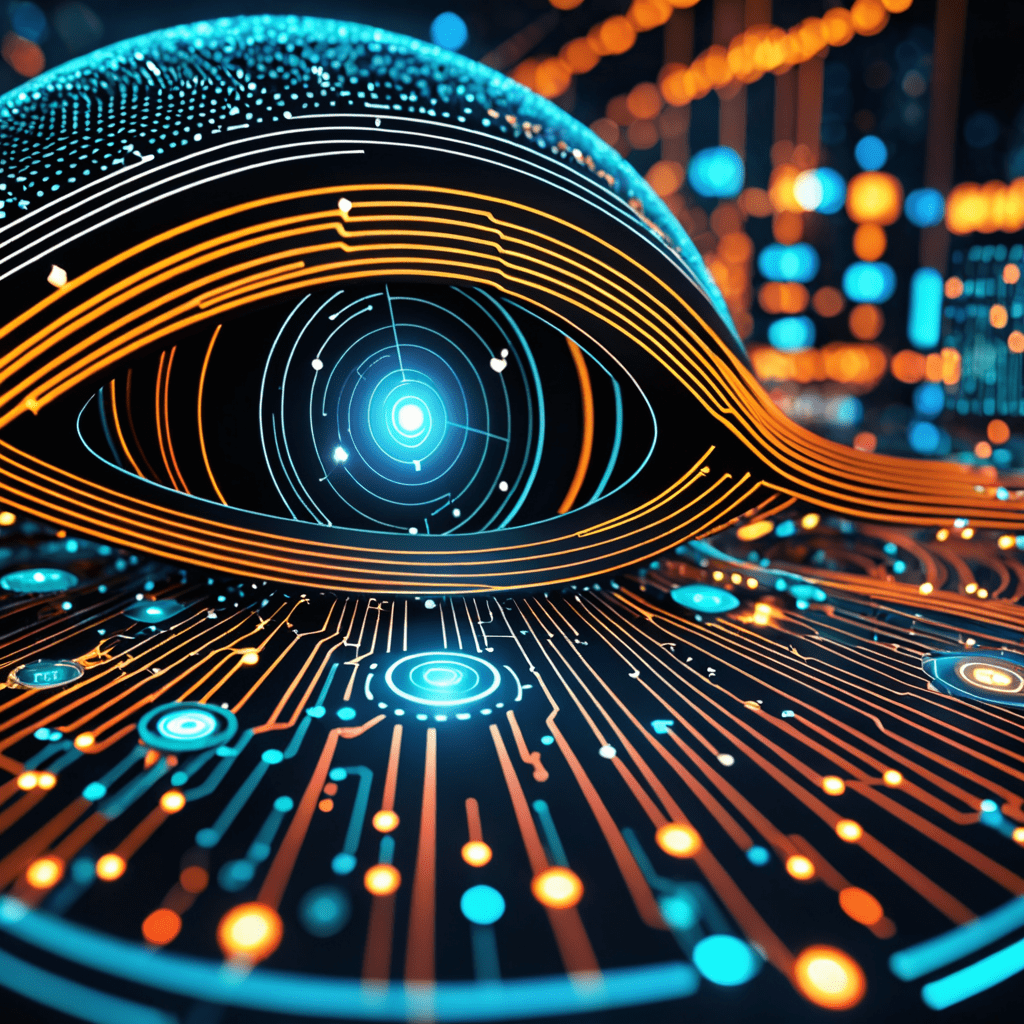The Future of Technology: A Glimpse into 2050
As we stand on the cusp of the third decade of the 21st century, it is almost impossible to imagine the rapid pace at which technology has been advancing. From the advent of smartphones to the rise of Artificial Intelligence (AI), the world has been transformed by various technological innovations. With each passing year, we witness new advancements that push the boundaries of what we once deemed possible. In this article, we will take a speculative journey into the future and explore what technology might look like in the year 2050.
1. AI and Robotics Domination
By 2050, we can expect AI and robotics to dominate various aspects of our lives. Machines will have advanced to a level of sophistication that enables them to seamlessly integrate into our daily routines. We will see AI-powered robotic assistants performing household chores, autonomous vehicles autonomously navigate our cities, and intelligent systems managing our personal and professional tasks. These advancements will not only enhance efficiency but also contribute to a safer and more sustainable world.
2. Virtual and Augmented Reality Revolution
Virtual Reality (VR) and Augmented Reality (AR) technologies will have matured to a level that revolutionizes how we interact with the digital realm. Imagine being able to attend virtual meetings in immersive environments, participate in virtual classrooms with students from around the world, or explore distant planets without leaving the comforts of your home. The possibilities are endless, and these technologies will bridge the gap between the physical and digital worlds like never before.
3. Internet of Things (IoT) Integration
The Internet of Things (IoT) will have permeated every aspect of our lives, creating an interconnected web of devices that communicate and collaborate seamlessly. Our homes will be smart, capable of adjusting temperature, lighting, and security based on our preferences and needs. Smart cities will monitor and optimize energy consumption, traffic flow, and waste management, resulting in increased efficiency and sustainability. The IoT integration will create a world where technology works behind the scenes, supporting and enhancing our lives.
4. Quantum Computing Breakthroughs
In 2050, we might witness the widespread adoption of quantum computing, revolutionizing the speed and power of computational capabilities. Quantum computers, with their ability to process vast amounts of data simultaneously, will enable breakthroughs in fields like medicine, weather prediction, cryptography, and materials science. The complex problems that currently take years to solve may be tackled in minutes, leading to significant advancements in various scientific domains.
5. Sustainable and Clean Energy Solutions
As the world grapples with the challenges posed by climate change, technology will play a crucial role in providing sustainable and clean energy solutions. By 2050, we can expect renewable energy sources like solar and wind power to dominate the global energy landscape. Advances in energy storage technologies will make renewable energy more accessible and reliable, mitigating the need for fossil fuels. Smart grids will facilitate efficient energy distribution, reducing waste and carbon emissions.
6. Personalized Healthcare and Biotechnology
The future will bring significant advancements in personalized healthcare, driven by breakthroughs in genomics, biotechnology, and AI. Patient-specific treatments and therapies will be tailored based on an individual’s genetic makeup, leading to more effective results and fewer side effects. Wearable devices will constantly monitor our health, providing real-time feedback and alerts for early detection of diseases. With the help of nanotechnology and advanced robotics, minimally invasive surgeries and targeted drug delivery will become routine procedures.
FAQ
Q: Will robots replace human jobs entirely?
A: While automation will transform certain industries and roles, it is unlikely that robots will completely replace human jobs. There will be a shifting landscape of employment, with new types of jobs emerging that require uniquely human skills like creativity, emotional intelligence, and critical thinking. The focus will shift towards human-machine collaboration, with robots augmenting and enhancing rather than replacing human capabilities.
Q: Will technology advancements in 2050 be accessible to everyone?
A: Efforts towards bridging the digital divide and ensuring equitable access to technology are likely to continue. Governments, organizations, and tech companies will work towards making technology accessible and affordable for all. However, socioeconomic disparities and regional variations may still exist to some extent, posing challenges to universal access.
Q: Are there any ethical concerns surrounding the future of technology?
A: Yes, as technology advances, ethical concerns will become increasingly important. Ethical considerations will need to be addressed regarding AI biases, data privacy, security, and the impact of automation on jobs and society. Regulatory frameworks and public dialogue will play critical roles in shaping the responsible development and deployment of new technologies.
Q: How can individuals prepare for the future of technology?
A: Individuals can prepare by developing a growth mindset and a willingness to embrace lifelong learning. Remaining adaptable and acquiring skills that complement and leverage emerging technologies will be essential. Staying informed about technological advancements and their implications will also help individuals navigate the changing landscape effectively.
Q: Will the future of technology bring more harm or benefit to humanity?
A: The future of technology holds immense potential for both harm and benefit. It largely depends on how we choose to wield and regulate these advancements. With careful consideration of ethical implications and responsible decision-making, technology can be harnessed to solve global challenges, improve quality of life, and lead us towards a more sustainable and inclusive future.
In conclusion, the future of technology in 2050 holds great promise. Advancements in AI, robotics, VR/AR, IoT, quantum computing, clean energy, and personalized healthcare have the potential to revolutionize various aspects of our lives. While challenges and ethical concerns will undoubtedly arise, with responsible development, technology will serve as a powerful tool, shaping a brighter and more advanced world for future generations.



